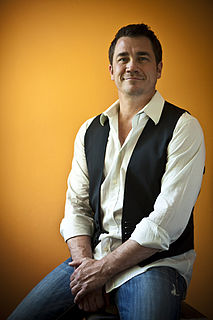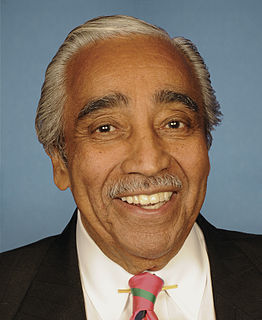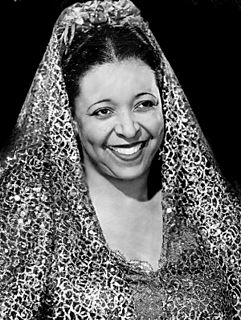A Quote by Fannie Lou Hamer
This problem is not only in Mississippi. During the time I was in the Convention in Atlantic City, I didn't get any threats from Mississippi. The threatening letters were from Philadelphia, Chicago and other big cities.
Related Quotes
Gary is a old factory town right outside Chicago. From my standpoint, my family migrated there in the '50s and '60s from Mississippi - Sardis, Mississippi - shout out to Sardis, Mississippi. My family migrated there just like a lot of black families in that area: they migrated there to get jobs, to get those factory jobs, that steel mill job.
It's easy to forget history or give it a cliff notes. The cliff notes of history. But mainly, so much of what happens in 'Eyes on the Prize' happened in Jackson, Mississippi. Jackson, Mississippi isn't really known for any other touchstone to the movement, other than Medgar Evers being killed. There were sit-ins and riots and atrocities.
In coming to Atlantic City, we believed strongly that we were right. In fact, it was just right for us to come to challenge the seating of the regular Democratic Party from Mississippi. But we didn't think when we got there that we would meet people, that actually the other leaders of the Movement would differ with what we felt was right.
It is only when we speak what is right that we stand a chance at night of being blown to bits in our homes. Can we call this a free country, when I am afraid to go to sleep in my own home in Mississippi?... I might not live two hours after I get back home, but I want to be a part of setting the Negro free in Mississippi.
My personal beliefs were shaped more by experience and by watching the news when I was young: images of angelic-looking college students in Mississippi crying like the world was ending because black people were being allowed on their campus; the slow mounting horror of Vietnam on the evening news every night; sitting with my parents in front of the TV and being appalled at the way the Chicago police were treating the protesters during the '68 Democratic convention. Being eyed with suspicion because of my age and the way I wore my hair.


































